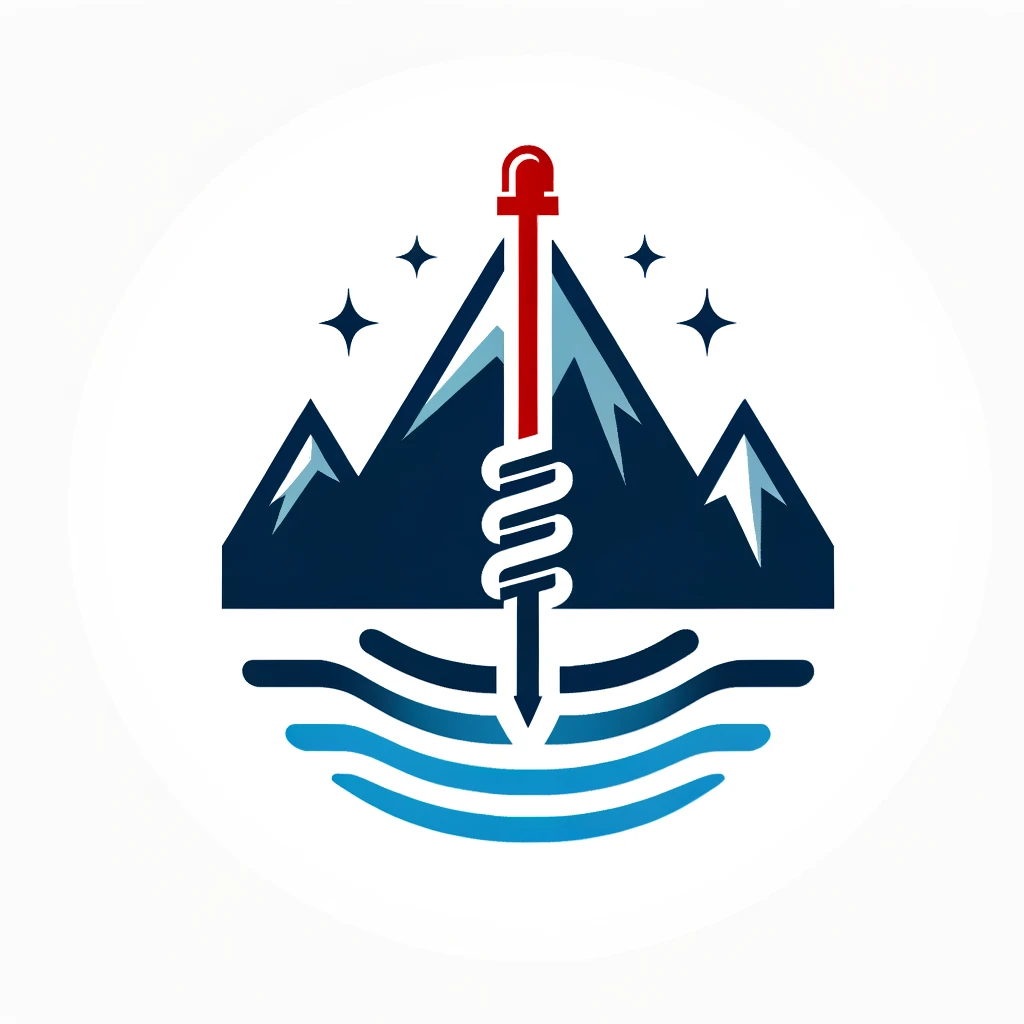Dr. Roman Shor teaches the following courses at the University of Calgary:
- ENPE 515 / ENPE 627: Drilling and Well Completions (Fall 2019, Fall 2020)
- An introduction to drilling; overview of petroleum engineering geology; basic rock properties. Fluid flow in porous media. Drilling rig types, components and selection; overview of drilling operations; drilling fluids and mud systems; drilling hydraulics; casing design and casing seat selections; cementing; formation damage, well completions. Special topics including: directional drilling; blowout control; logging and coring; hole stability; planning and cost control; underbalanced drilling; coiled tubing drilling; offshore operations, environmental aspects.
- ENCH 689: Drilling Advances, Modelling and Simulation (Winter 2018)
- Application of drilling optimization simulator tools to optimize rate of penetration and minimize cost. Drilling hydraulics simulation, directional drill string torque and drag calculations, drilling fluid selection and analysis and real time drilling rate analysis.
- SEDV 601: Non-renewable Energy (Fall 2017, Fall 2018, Fall 2019, Spring 2020)
- Interactions between non-renewable energy resources and the environment; Exploration, production and exploitation of energy resources, including petroleum, oil sands, natural gas, coal, nuclear, coal-bed methane; technical, economic and environmental aspects of production and use of non-renewable energy.
- SEDV 601 is part of the Sustainable Energy Development Program, a professional M.Sc. program at the University of Calgary.
- ENSF 310 – Fundamentals of Software Design and Development (Fall 2019 as ENGG 519, Fall 2020)
- Introduction to design and implementation of software systems for engineering applications. Software design lifecycle. Source code management systems. Debugging and testing techniques. Illustration of common data structures and fundamental algorithms using a high-level language. Libraries for input/output. Software tools to facilitate data analysis and visualization.
- ENCH 687 / ENPE 626: Petroleum Economics (Fall 2018, Winter 2019, Winter 2020)
- Economic principles and risk management practices in the petroleum industry. Project selection; investment ranking; budgeting; and portfolio development. Decision making under uncertainty and risk.
- ENPE 543 / ENPE 623: Geologic Characterization of Oil and Gas Reservoirs (Winter 2019)
- Static model for field development. Review petroleum reservoir geology, geological depositional environments, petrophysical and geostatistical analysis, and reserves estimation. Emphasis on data analysis and integration for a model suitable for reservoir simulation.
- ENPE 509: Well-Testing (Fall 2017, Fall 2018)
- Basic theory and current techniques for well testing. Drawdown and build up tests; diffusivity equation and various boundary conditions and flow regimes; superposition; single-rate and multi-rate testing; effect of boundaries; derivative analysis; fractured wells, fractured reservoirs and other flow models; wellbore dynamics; type curve matching; advanced decline curve analysis. Computer aided analysis and hands on experience in the computer laboratory.
- ENPE 533: Petroleum Production Engineering (Winter 2017)
- Principles of oil and gas production mechanics. Analysis of fluid flow from the formation to the surface facility. Reservoir in ow performance. Wellbore hydraulics and multiphase flow. Nodal analysis for production optimization. Acidizing and hydraulic fracturing. Water and gas coning. Diagnosis of production problems. Arti cial lift; Sucker pumping; electrical submersible pumps; progressing cavity pumps; gas lift.
External Courses
- Production, Storage, Transmission and Safety @ Technion (October 2018)
- Theory and practice in designing tests completions, sea floor completions, tubular goods, Most Efficient Rate – MER, choke design, horizontal applications, productions systems, specialty systems, gas and oil measurement, production accounting, control systems, safety systems, types of production systems and applications, optimization, operations, a single and a multi-phase flow in piping, design and codes, construction, corrosion, maintenance, regulations
- SPE Data Science Camp (November 2019)
- Theory and applications of data science and machine learning to petroleum engineering problems
- SPE Data Science Camp
